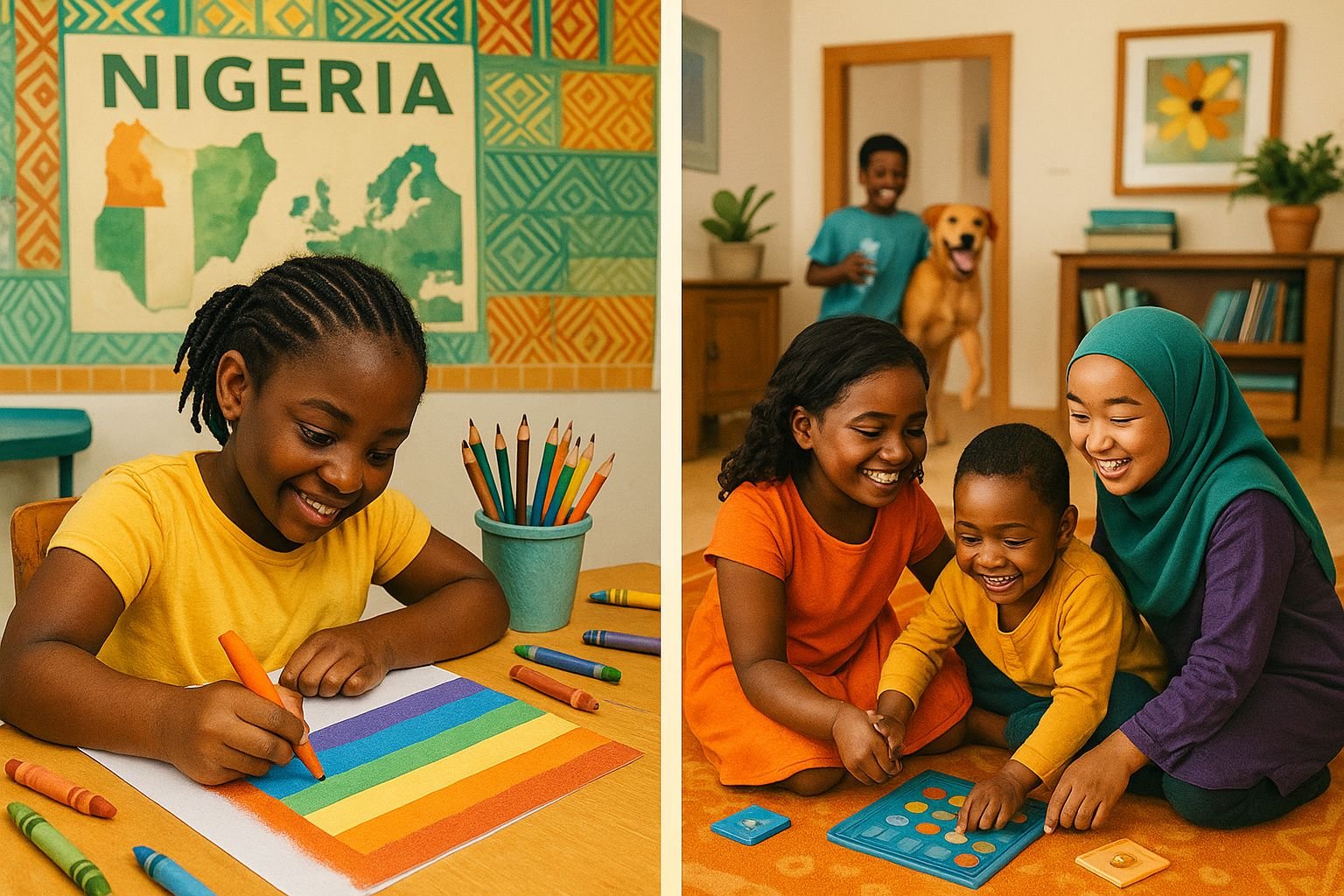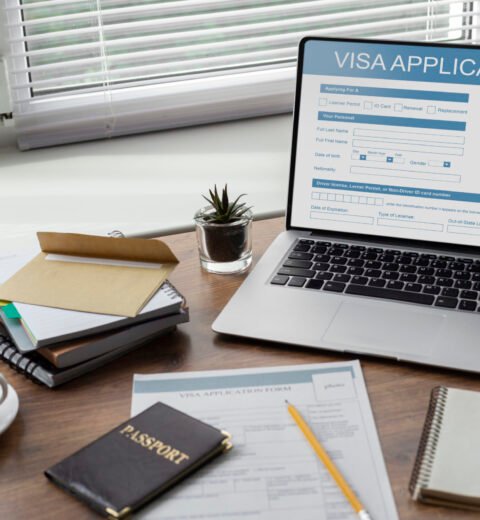As Nigerian parents raising children in the UK, it’s natural to want to know what your child is learning at school, especially through Personal, Social, Health and Economic (PSHE) education. PSHE is part of the national curriculum designed to help children become respectful, inclusive, and responsible members of British society.
One important part of PSHE involves teaching children about different types of families. Your child might learn about families with two mums or two dads as part of broader lessons on inclusion, equality, and respect for all people.
What Your Child May Encounter in School
Your child may:
- See books and storytime materials featuring families with same-sex parents.
- Hear that a friend or classmate might have two mums or two dads, and learn that all families deserve respect.
- Be encouraged to appreciate and respect diverse identities, including those within the LGBTQ+ community.
In addition, many schools in the UK observe Pride Month in June with activities such as:
- Displaying rainbow flags, posters, and classroom decorations.
- Holding assemblies and lessons about LGBTQ+ history, rights, and inclusion.
- Using storybooks and materials that promote understanding of different gender identities and family structures.
It’s important to know that these lessons focus on respect, kindness, and equality. Schools carefully ensure that content is age-appropriate and does not cover sexual topics in early education.
Why Nigerian Parents Must Speak Up at Home
Your children may ask questions like:
“Why are there rainbow flags at school?”
“What is Pride?”
“Why does my friend have two dads?”
These questions deserve honest, loving answers. Nigerian parents have an important role to:
- Clearly share your cultural and religious beliefs.
- Reinforce the importance of respecting others, even when values differ.
- Help your children understand school lessons without confusion or shame.
This is not about confrontation, but about being intentional and wise. If you don’t teach your values at home, your child will learn others’ values at school.
Also Teach Your Child About Nigerian Culture and Identity
While your child learns about British culture, it’s vital to root them in Nigerian identity by:
- Speaking your local language at home when possible.
- Sharing family stories and the importance of respect for elders and tradition.
- Involving them in your church or mosque community to reinforce spiritual values.
- Teaching moral lessons from the Bible, Quran, or your Nigerian upbringing.
Make your home a safe space where children learn about faith, culture, values, and clear boundaries.
Balancing Two Cultures: British and Nigerian
Living between two cultures can be challenging. Your child’s roots are in Nigeria, but they are growing up in the UK. It’s possible—and important—to raise children who are both respectful and rooted in their heritage.
Remember to:
- Stay informed about what schools teach and when.
- Communicate regularly with teachers and ask questions respectfully.
- Talk openly with your children and create a safe space for their thoughts and feelings.
- Teach your values early, clearly, and with love—before confusion or outside influences take hold.
In Summary
Your child will learn about inclusion, Pride Month, and diverse families as part of the UK education system. Schools promote messages of equality, respect, and kindness. As a Nigerian parent, your voice and guidance at home matter more than ever.
Ground your children in Nigerian culture, spiritual values, and family identity, while helping them respect and coexist with others. This balanced approach will help raise strong, confident children ready to thrive in a multicultural world.
🔗 Looking for more guidance on parenting, culture, and life in the UK as a Nigerian?
👉 Visit Naija UK Connect
Join Our WhatsApp Channel
Stay updated on the latest UK news, including education, health, job openings, and more for those living in the UK!
Join here: Naija UK Channel
Also, follow us on our social media channels for the latest updates and discussions:
- Twitter: @NaijaUKConnect
- Facebook: Naija UK Connect
- Instagram: @naijaukconnect




